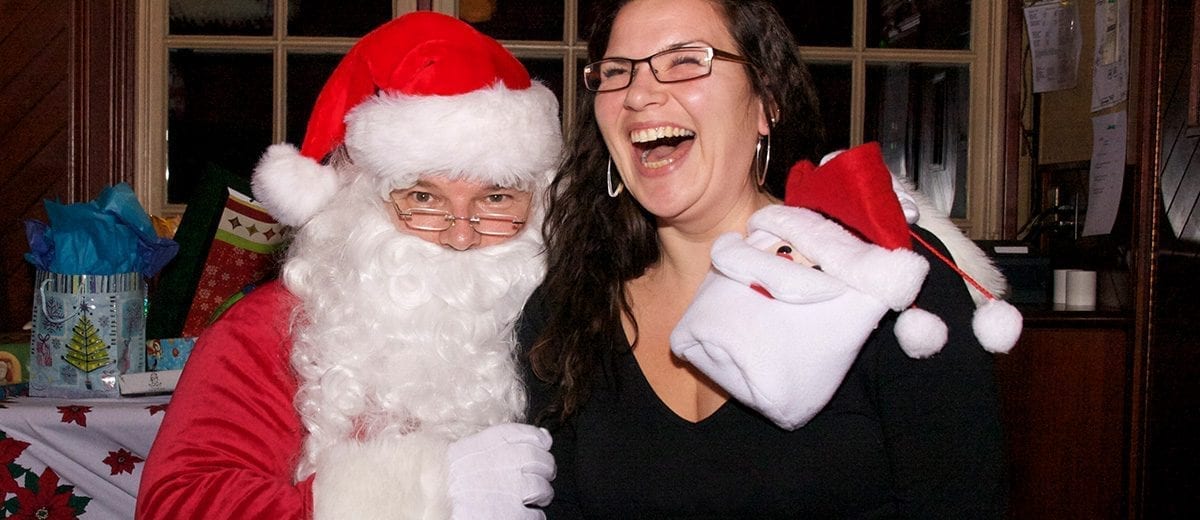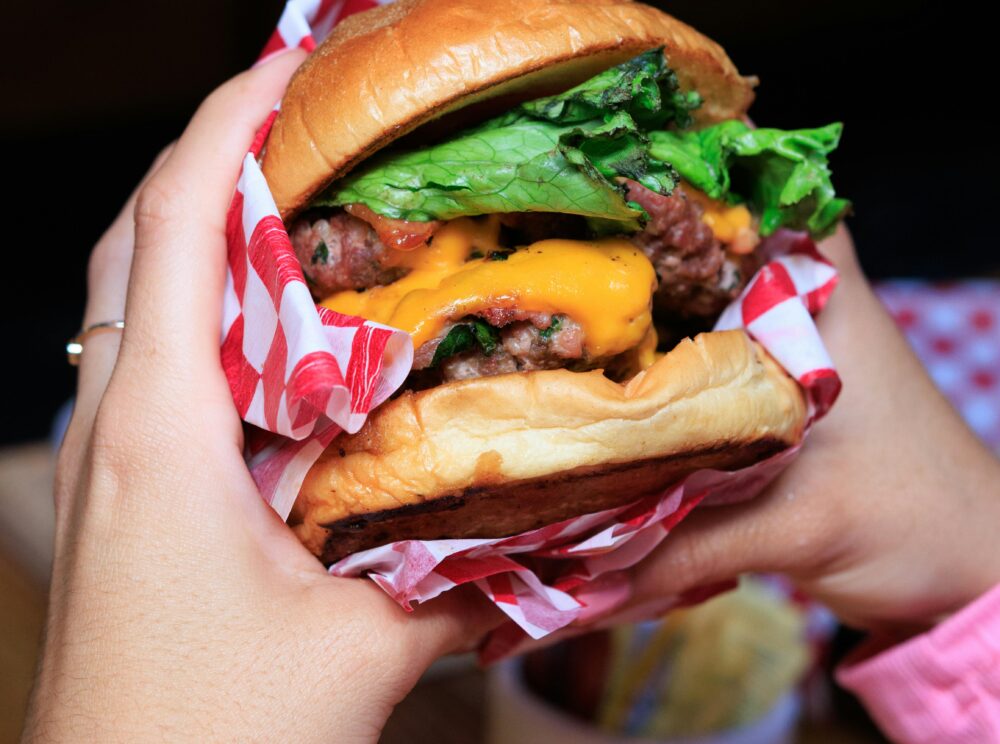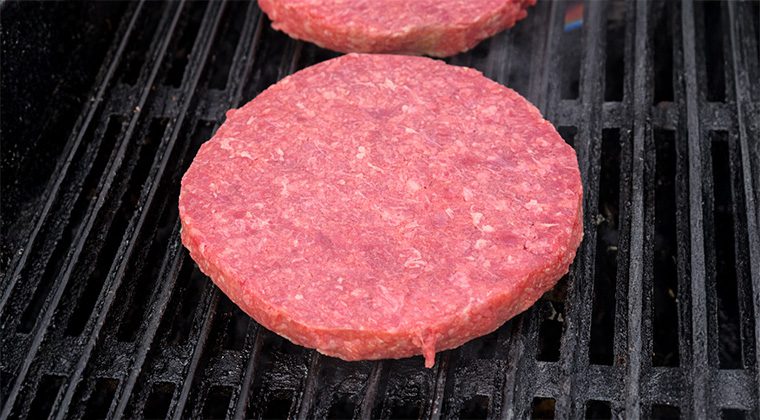
Holiday Staffing Tips for Restaurant Operators
For many restaurants, the next few weeks will likely be one of the busiest times of the year. Between Thanksgiving, Christmas and New Year’s Eve operators can rake in the revenue.
But with more business, and more people coming through the door, the biggest challenge is always staffing: how to hire holiday staff, how to manage staff vacations, and how to deal with staffing emergencies right in the middle of service. These are all problems most every restaurant has to contend with as soon as the holiday season rolls around. We rounded up step-by-step holiday staffing tips for restaurant operators from top restaurants across the country to help you have the smoothest holiday season possible.
1. It starts with hiring a solid set of people before the holidays begin.
At the Chicago steakhouse institution, Lawry’s The Prime Rib, general manager Max Maxwell says planning for the holidays begins being strategic about the staff you hire. “We try to diversify, so we don’t have to turn around in September and hire 10 people who will be let go in January when it gets quieter,” he says. His staff comprises some full-time employees, as well as part-time folks looking to pick up extra cash during the holidays. “That way we have people who only work banquets, some servers who only work two days a week. We aren’t working anyone to death.”
This also means setting expectations for staff up front. Because the holidays are the busiest time of the year for restaurants, it’s important to tell people when you hire them that you expect them to work during the holidays. “I always ask people, ‘Do you like the holidays?’ and if they say yes, I am like, ‘This may not be the job for you,’” says Maxwell.
Build trust with your employees the rest of the year, so they’re willing to work with you during the holiday season.
“It’s about building loyalty all year long, not just pleading with your staff at the end of the year to do their best,” says David Massoni, a partner in the Three Kings Restaurant Group. Be flexible with your staff about vacation during the year, and they’ll be more willing to step up during the holidays. “We have so many front-of-house staffers who are following other dreams and passions, so we want to give them the opportunities to go on auditions or do stand-up nights.”
As Arjun Meherish, managing partner for Morph Hospitality Group in Nashville puts it, “If you are accommodating and nice to your staff, they will be accommodating when it comes to your needs. It’s about making sure they love what they do — and love you for what you do for them.”
2. Plan ahead on everything, from setting a schedule to training.
Most restaurants interviewed advised starting to plan for the holidays, staffing-wise, as early as you can. This involves coming up with numbers for how much of each type of staff (bussers, servers, etc.) that you will need during the holiday season, making hires, training, and establishing a schedule.
According to Maxwell, “If you are training a server, it really takes them about two good months to start hitting their stride with regard to service standards and the culture of your restaurant. People need to figure out what it’s like working at your specific volume.”
Massoni’s strategy is to put a holiday schedule up as far in advance as possible, giving staffers the opportunity to trade shifts to suit their own personal plans. “Maybe for one waiter, it’s important to celebrate Thanksgiving, but for another, Christmas is when they have plans. It puts the power in their hands.”
Meherish keeps it even simpler: he tells people that they can either have Thanksgiving, Christmas Eve, or New Years’ Day off, and they sign up for their preference. “Our staff is happier that way because they get a day off, but they still know they will be making money during the holidays.”
And make sure, too, that there are days when everyone has off. For Lawry’s, it’s Christmas Eve, since New Year’s Eve and Thanksgiving are the busiest days. For Ivy Tsang, co-founder of Nickel & Diner in New York, this is New Year’s Day and Christmas Day. Choose the days off that are right for your business.
3. Plan to make a few extra hires, but be very strategic about it.
Given the stress that the holidays put on your staff, it’s not a bad idea to hire a few extra people, just for the season. Tsang suggests making those hires bussers, servers, and bar staff. With bussers and servers, she says, “It guarantees you smooth service and that everything gets to the table at the right time. It’s important to leave a really good impression on your guests because this is when a lot of new customers are coming along. It’s worth the extra labor costs.”
She also invests in a lead bartender who can curate a cocktail list and a beverage director who can promote the wine program. This is because people are typically more interested in ordering alcohol during the holidays, so it’s important to make sure your options are on point. “People really want great wine pairings, a good glass of bubbly. It’s a celebratory time.”
4. Have a backup plan for no-shows.
“Always be prepared for someone not to show up,” especially during the holidays, says Raoul Whitaker, the executive chef of David Burke Kitchen in New York. His solution is to make sure his staffers are jacks-of-all-trades — knowing how to do multiple jobs — so that in case someone doesn’t show up, there’s another person to step in and fill in a gap.
Maxwell also keeps an on-call list of three to four extra staffers who can come help out in a pinch when someone decides to no-show.
5. Prepare your staffers for the most difficult customers.
“The holidays bring out the best but also the worst in people,” says Shannon Tauschman, the marketing manager at Lawry’s. An important part of training your staff for the holidays is preparing them to deal with the most difficult customers, who have wildly high expectations for their Thanksgiving, Christmas, and New Year’s Eve meals. “We have guests who have been coming here since 1974,” says Maxwell. “They are bringing multiple generations with them. They have a very specific recollection of dinner here, and we have to live up to that and then exceed it every time they come in.”
6. Schedule a staff meeting about holiday service at least two weeks in advance of each special event.
Staff meetings are especially important during the holidays, so Tsang recommends scheduling one at least two weeks before your first special event, just to make sure that you are setting expectations for your staff. “Front of house and back of house don’t always communicate well,” she says, “so having this meeting will smooth out any hiccups, whether those are ordering or storage related.”
7. Most importantly, set an example of the positive attitude you want your staffers to have.
“You have to keep a smile on your face, and never let the staff see you sweat,” says Maxwell. “Now until New Year’s Day, you have to have your friendly suit of armor on.” This is especially important because your staff is working through the holidays while witnessing countless holiday celebrations at the restaurant. “It’s a special time of year, and it is hard when you are in service to stay upbeat,” Massoni says. “We try to do as much as we can to remind our staff that we appreciate them.” Three Kings gives each staff member a small holiday gift, throws a belated holiday party in January, and does a big family meal before service, complete with a full spread of seasonal dessert. “It’s a time for all of us to sit around a table, tell stories, and build memories as a restaurant family.”









